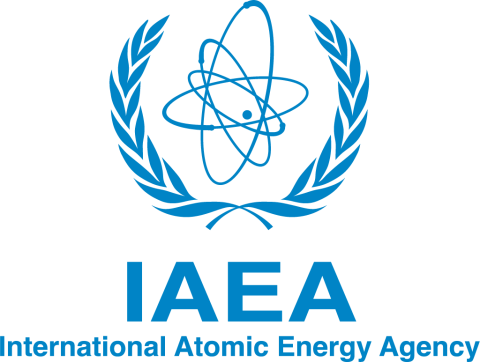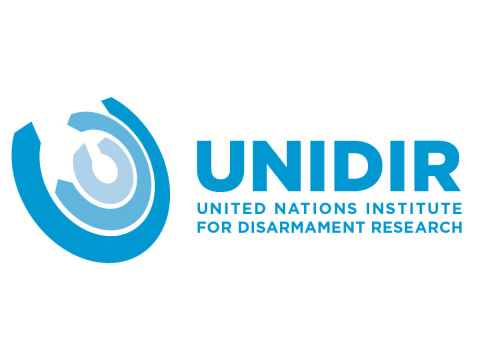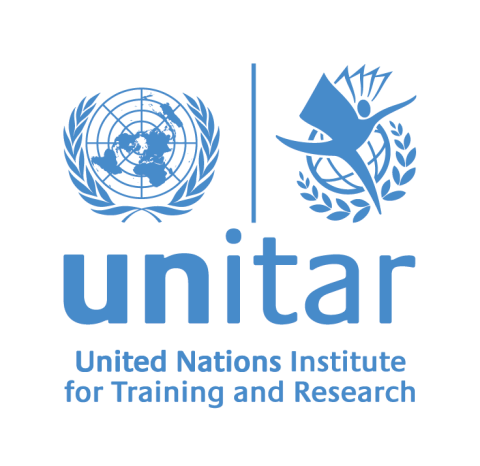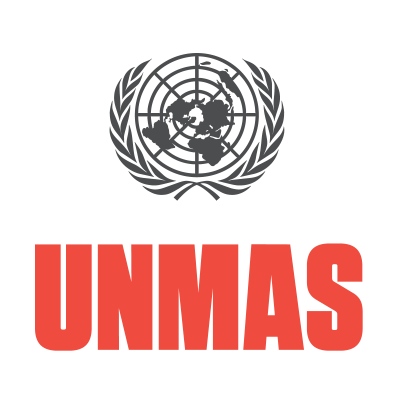
面包屑
- 此页面是使用机器翻译翻译的。 阅读全文.
裁军谈判会议
裁军谈判会议于1979年成立,是国际社会唯一的多边裁军谈判论坛。现任联合国日内瓦办事处总干事塔蒂亚娜·瓦洛瓦娅兼任裁军谈判会议秘书长和联合国秘书长驻裁军谈判会议私人代表。
该会议每年举行三次,其 65 个成员国目前重点讨论以下议题:
- 停止核军备竞赛和核裁军
- 防止核战争,包括一切有关事项
- 防止外空军备竞赛
- 确保无核武器国家不使用或威胁使用核武器的有效国际安排
- 新型大规模杀伤性武器及此类武器的新系统;放射性武器
- 综合裁军方案
- 军备透明度
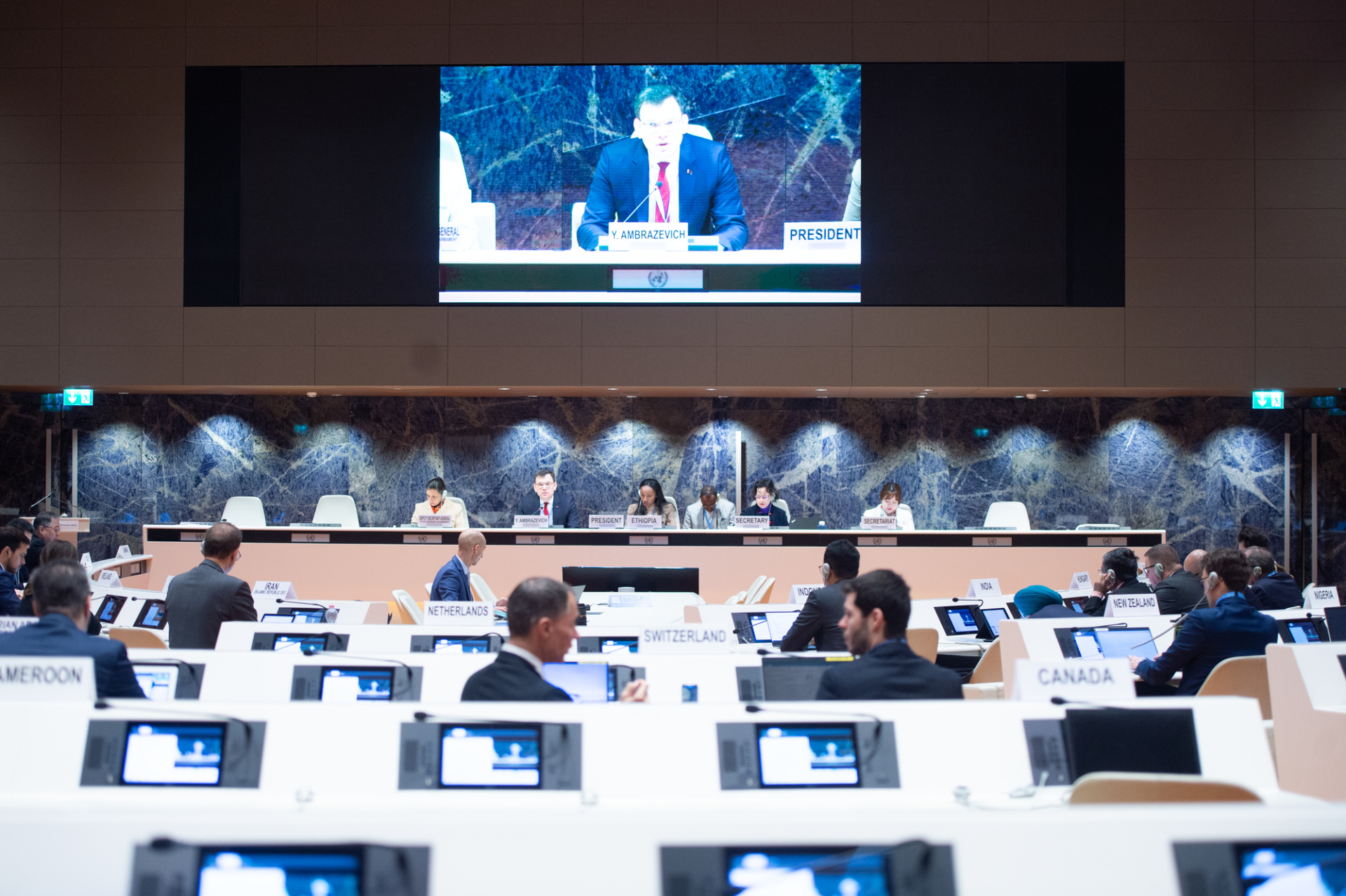
日内瓦公约和条约
《禁止杀伤人员地雷公约》是出于人道主义原因禁止使用、开发、生产、储存、保留或转让杀伤人员地雷的条约。该公约旨在终止杀伤人员地雷造成的痛苦和伤亡。杀伤人员地雷每年造成数千名无辜平民死亡或致残,阻碍经济发展和重建,并阻碍难民和境内流离失所者遣返。
《生物武器公约》是第一项禁止生产和使用一整类武器的多边裁军条约,是国际社会长期努力的结果。《生物武器公约》的所有会议均在日内瓦举行,并由裁军事务厅日内瓦办事处的《生物武器公约》执行支持股提供服务。
《集束弹药公约》于2008年在都柏林外交会议上缔结。联合国秘书长的职责由该公约和相关联合国大会决议规定。这些职责包括收集和传播国家透明度报告、促进澄清遵守情况、召开缔约国会议和审议大会。
《特定常规武器公约》(CCW)是国际人道主义法的重要文书,其五项议定书旨在禁止或限制使用对平民造成滥杀滥伤或给战斗人员造成不必要痛苦的特定类型武器。自 2016 年以来,《特定常规武器公约》政府专家组 (GGE) 一直在研究致命自主武器系统 (LAWS) 领域新兴技术可能带来的挑战。《特定常规武器公约》会议在日内瓦举行,由裁军事务厅日内瓦办事处《特定常规武器公约》实施支持股提供服务。
在小武器和轻武器(SALW)及武器贸易条约(ATT)领域,日内瓦分支机构负责与纽约裁军事务厅以及设在日内瓦的非政府组织和国际组织保持联络,并代表裁军事务厅出席在日内瓦举行的相关会议。
联合国日内瓦还主办与裁军文书有关的其他会议,如裁军事项咨询委员会会议、 《不扩散核武器条约》(NPT)审议大会筹备委员会会议、专家小组会议和研讨会。
裁军研究
联合国内部有关裁军问题的知识库主要由设在日内瓦的联合国裁军研究所(UNIDIR)建立:
- 我们如何才能利用核能并同时降低使用核武器的风险?
- 人工智能在冲突和战争中扮演什么角色?它在裁军方面可能发挥什么作用?
- 我们对太空的探索和利用日益增多,会带来哪些安全隐患?
联合国裁军研究所的研究团队正在努力解决这些问题。研究结果在培训课程和全球会议上公布并与会员国和其他利益相关方分享。

联系日内瓦裁军事务厅
致力于裁军的组织
裁军事务厅日内瓦办事处协助会员国支持其裁军、军备控制和不扩散努力,以实现在严格有效的国际监督下实现全面彻底裁军的目标。
该处为范围广泛的多边裁军协定、方案和会议提供实质性和组织性支持以及联络服务,例如(仅提供英文链接):
联合国毒品和犯罪问题办公室 (UNODC) 的使命是让世界更加安全,远离毒品、有组织犯罪、腐败和恐怖主义。本组织致力于通过应对这些威胁并促进和平与可持续福祉来遏制这些威胁,从而实现人人享有健康、安全和正义。
毒品和犯罪问题办公室在日内瓦的联络官促进了毒品和犯罪问题办公室与世界卫生组织合作,努力制定全面、整体和综合的减少毒品需求的方法。

